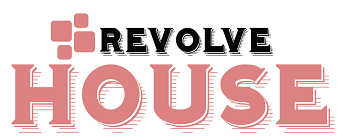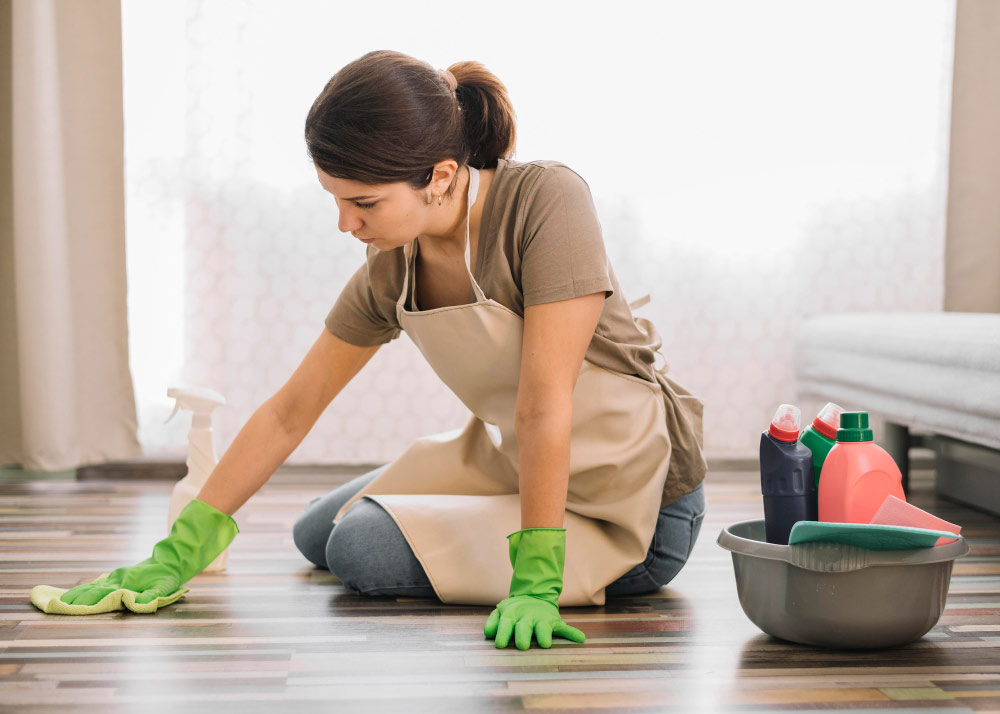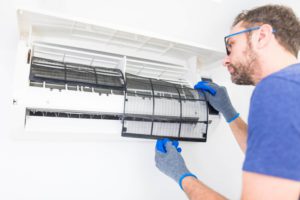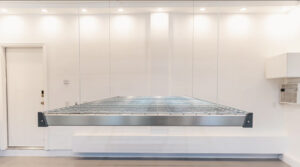Introduction
Maintaining a healthy home goes far beyond simple appearances—it’s critical to ensuring overall well-being for you and your family. Clean and sanitized living areas can drastically reduce the presence of allergens, bacteria, and viruses that may cause illness or discomfort. Furthermore, a well-kept environment can positively impact your mental health by lowering stress and making daily living more enjoyable. Whether you do the work yourself or enlist the support of professionals, following expert guidance and occasionally leveraging specialized services, such as Albuquerque cleaning restoration services, can help you address difficult-to-clean spaces and establish a healthier home base. By adopting comprehensive practices, you’re taking vital steps toward making your home a safe, welcoming sanctuary for everyone who enters.
Whether you handle the routine or delegate complex tasks, taking charge of your home’s cleanliness directly influences the safety and happiness of those under your roof. A thorough, multi-faceted cleaning plan ensures every zone, from busy entryways to quiet bedrooms, supports your health. Cleaning experts agree that combining proper techniques, quality tools, and strategic maintenance schedules yields the best results. Let’s examine the foundational strategies professionals endorse to protect your home from everyday hazards and keep it consistently inviting.
Establish a Cleaning Routine
Consistency is fundamental to creating and maintaining a healthy household. Developing a dedicated cleaning schedule helps you stay on top of daily, weekly, and monthly tasks—preventing mess and grime from piling up over time. Assigning daily responsibilities like making beds and wiping down all frequently used kitchen and bathroom surfaces sets the tone for orderliness. Weekly, vacuum floors, wash linens, scrub bathrooms, and dust surfaces to keep allergens under control. Finally, monthly or seasonal chores, such as washing windows, deep-cleaning behind large furniture or appliances, and purging storage areas, should be included to tackle the dirt and debris that tend to get overlooked. A written checklist makes delegating chores among family members easier and ensures nothing gets missed. Over time, sticking to this structured routine reduces stress, making home maintenance feel less overwhelming and more achievable—a healthy home becomes much more sustainable with regular, manageable effort.
Use Natural Cleaning Products
It’s well known that many commercial cleaning agents contain harsh chemicals, volatile organic compounds (VOCs), and artificial fragrances that can irritate respiratory systems, trigger allergies, or harm pets and young children. As a result, more homeowners are opting for gentle yet effective alternatives. Everyday household items like white vinegar, baking soda, and lemon juice are surprisingly robust—they tackle grease, soap scum, and mineral deposits without introducing harmful fumes. For example, combine equal parts water and vinegar for an all-purpose cleaner that shines glass and refreshes hard surfaces. Baking soda excels at deodorizing and scouring sinks and tubs, while lemon’s natural acidity not only cleans but also leaves a fresh scent. By shifting to safer options, you’re protecting your loved ones from unnecessary chemical exposure and lessening your home’s environmental impact. If you want more tips, refer to resources like the Environmental Working Group’s detox guide for additional suggestions on safer cleaning practices.
Focus on High-Touch Surfaces
In every home, certain areas are magnets for germs: doorknobs, drawer handles, light switches, faucet levers, refrigerator handles, and television remote controls. These high-contact surfaces easily accumulate bacteria and viruses, especially during the height of cold and flu season, or if someone in your household is unwell. To break the chain of infection, it’s wise to disinfect these spots at least once daily. EPA-approved disinfectants or homemade alcohol-based solutions can both be effective. Still, it’s crucial to follow label instructions for proper contact time—usually leaving surfaces wet for a specified period maximizes germ-killing potential. Consider cleaning these areas after returning from errands or whenever guests pass through your home. Additionally, reinforce frequent handwashing and provide easy access to hand sanitizer throughout your living spaces to lower the risk of spreading contaminants.
Control Indoor Air Quality
Today’s homes are often tightly insulated, which saves energy but also traps indoor air pollutants like dust, dander, pet fur, mold spores, and volatile chemicals from cleaning products or furnishings. Compromised indoor air can aggravate respiratory symptoms, especially in those with asthma or allergies. Enhance air quality by opening windows when the weather allows to bring in fresh, clean air that sweeps away stale indoor particles. Invest in high-quality air purifiers with HEPA filters—these are especially effective for removing the most minor airborne irritants. Maintaining humidity between 30% and 50% discourages mold and dust mites, so running dehumidifiers in damp areas like basements or bathrooms is beneficial. Never forget to clean or change filters in HVAC systems and air purifiers every couple of months. These small but crucial habits ensure you and your family breathe easier daily.
Manage Clutter
An organized home isn’t just visually pleasing—it’s easier to clean and healthier to live in. Clutter can harbor dust, provide hiding spots for pests, and increase stress or anxiety. Schedule regular decluttering sessions and tackle one room or category at a time: closets, kitchen cabinets, shelves, and garages. Separate items into ‘keep,’ ‘donate,’ or ‘discard’ piles, and be honest about what’s needed. Tidy spaces make daily or weekly cleaning faster and more thorough, as there are fewer surfaces to dust or navigate. Significant life moments, such as a move or renovation, are perfect opportunities for a deep declutter, but even short seasonal sessions can make a noticeable difference. Kiplinger’s decluttering guide is excellent for proven tactics and motivational tips.
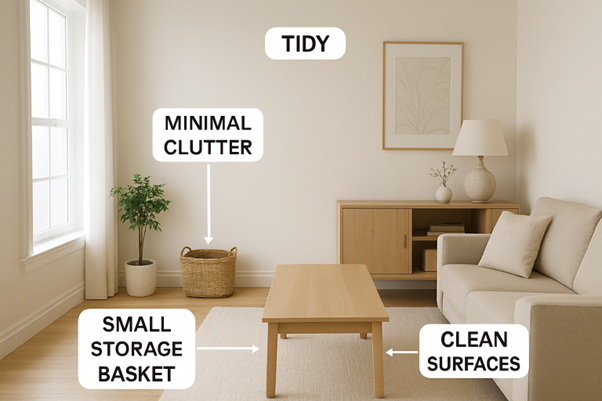
Launder Bedding Regularly
Your bedding—sheets, pillowcases, blankets, and even mattress covers—is a magnet for tiny particles like dead skin cells, body oils, sweat, and environmental debris. Since we spend nearly a third of our lives in bed, these substances can build up rapidly, creating a thriving environment for dust mites and bacteria. Left unchecked, this accumulation can worsen indoor air quality and trigger allergy symptoms like congestion, sneezing, or irritated skin. To combat this, wash sheets and pillowcases in hot water at least once weekly to remove grime and kill mites. Don’t overlook pillows and mattress protectors—these should be laundered every three to four months or more often if allergies persist. Use manufacturer guidelines to preserve material integrity, and consider vacuuming your mattress periodically to reduce allergens further. Clean bedding supports hygiene and health and contributes to a more soothing and restful sleep environment, allowing you to wake up feeling truly refreshed.
Maintain Floors Properly
The floors in your home are constantly underfoot and prone to gathering dirt, pet hair, crumbs, and pollen from outdoors. To combat the steady buildup, vacuum all carpets and area rugs at least once weekly with a vacuum equipped with a HEPA filter, which captures even microscopic allergens. For hard floors—such as wood, tile, or laminate—sweep and mop weekly using gentle, well-diluted cleansers to maintain shine and prevent buildup. Place sturdy doormats outside and inside all entrances and enforce a no-shoes-inside policy to avoid dirt and bacteria from being tracked into living spaces. Don’t forget to periodically move furniture and clean underneath to reach hidden dust bunnies and spilled food. Keeping your floors spotless preserves their lifespan, minimizes the potential for allergies, and increases overall comfort.
Consider Professional Cleaning Services
Even with a dedicated cleaning routine, there are times when professional help is invaluable. Professional cleaning services offer tools, products, and skills far beyond what’s available to most homeowners. This is particularly crucial if you need deep-cleaning for carpets, upholstery, or air ducts—or if you’re preparing for special events or recovering from a renovation. Experts can eliminate stubborn stains, remediate water or mold damage, and disinfect hard-to-reach areas, making your home feel new. Families with allergies, asthma, or immune-sensitive members may find periodic professional cleans provide significantly better health outcomes. Moreover, regular service helps protect your investment in flooring, furniture, and appliances while freeing up your time for other responsibilities. Investing in expert help gives you peace of mind that your home meets the highest health and cleanliness standards.
When you implement these expert-recommended strategies, you significantly improve your home’s cleanliness, comfort, and overall health. The rewards are well worth the effort—your living space will feel fresher and safer all year long, supporting a healthier and happier family.
